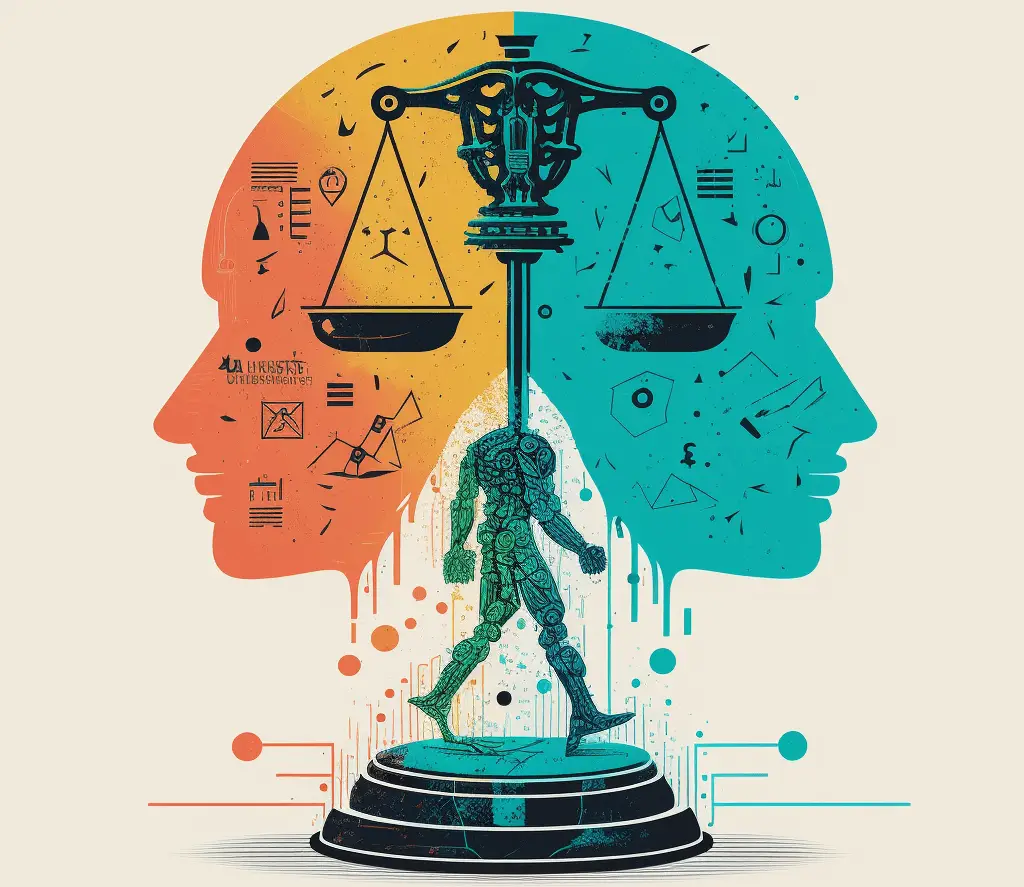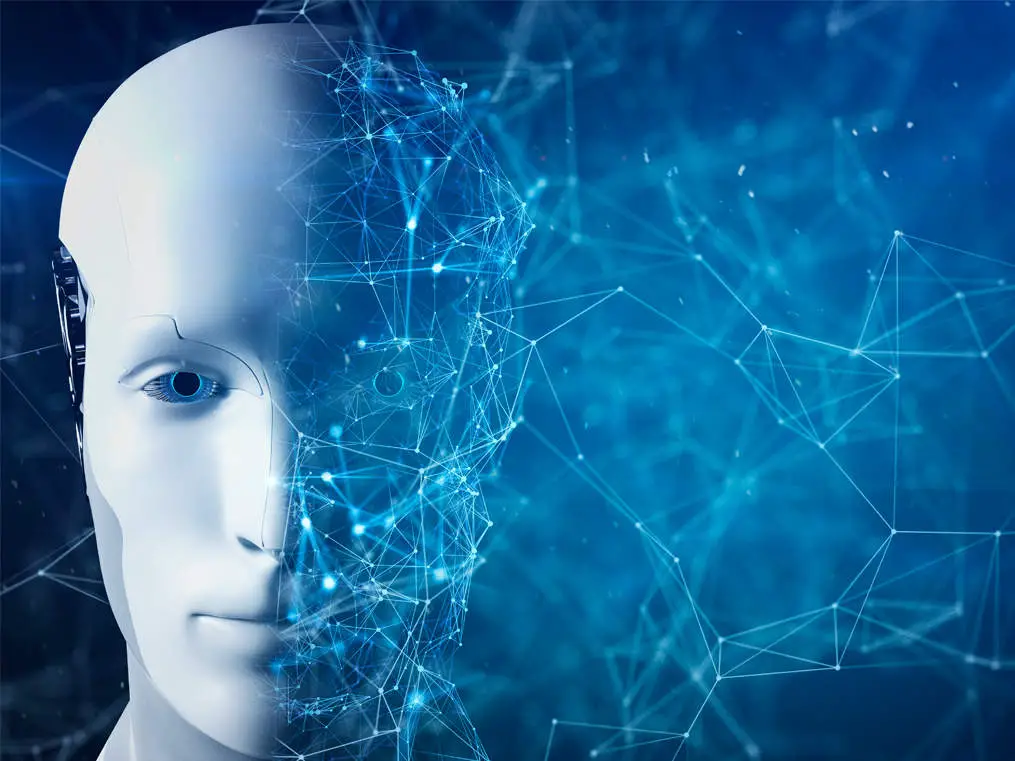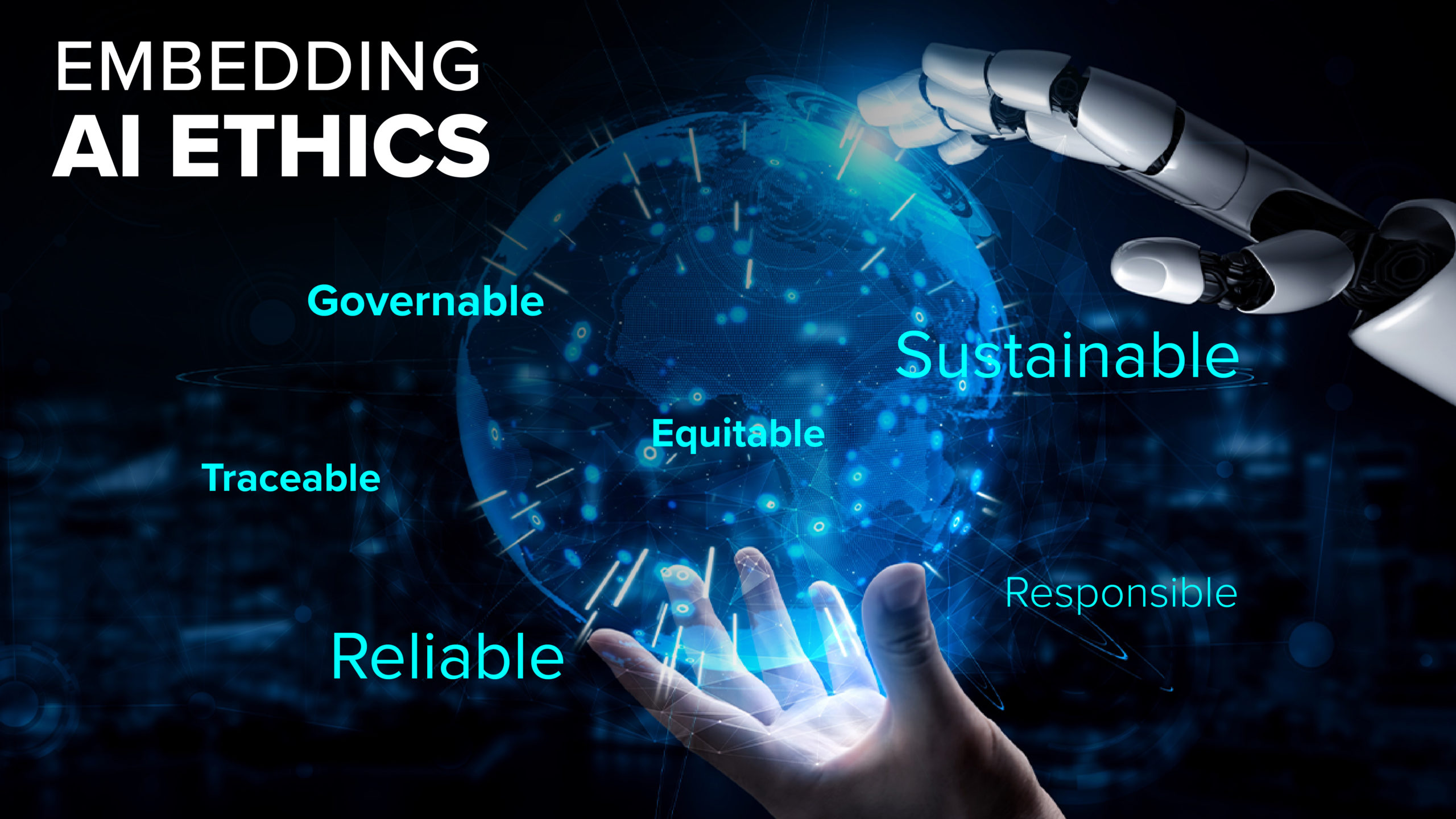The Ethics of AI: Balancing Innovation with Humanity

Artificial intelligence (AI) is rapidly transforming various aspects of our lives, from automating tasks to powering self-driving cars. While AI holds immense potential for progress, it also raises critical ethical concerns that require careful consideration. This essay explores the ethical dilemmas associated with AI and discusses the delicate balance between technological advancement and human values.

Ethical Considerations

One primary ethical concern with AI is the potential loss of jobs as machines become increasingly capable of performing tasks traditionally done by humans. Automation can lead to economic displacement and exacerbate social inequality. Moreover, AI algorithms may exhibit bias, leading to unfair treatment and discrimination against certain groups. Another ethical challenge arises from AI’s impact on human agency and autonomy. As AI systems become more sophisticated, they could potentially influence our decision-making processes and limit our freedom of choice.
Privacy and Data Protection
AI relies heavily on collecting and analyzing vast amounts of data. This raises concerns about privacy and data protection. AI algorithms may unintentionally reveal sensitive personal information or misuse data for surveillance purposes. Striking a balance between the benefits of data-driven AI and the preservation of individual privacy is essential.
Transparency and Accountability
AI systems often operate as “black boxes,” making it difficult to understand their decision-making processes. This lack of transparency raises questions about accountability and fairness. It is crucial to develop mechanisms that ensure AI systems are transparent, explainable, and held accountable for their actions.
The Human Element
Amidst the ethical complexities of AI, it is paramount to prioritize the human element. AI should not be seen as a replacement for human expertise and empathy. It is essential to consider how AI can complement and enhance human abilities, rather than entirely displacing them. Human-centered AI development emphasizes the importance of incorporating human values, ethics, and user experience into AI design and deployment.
Balancing Innovation and Humanity
Navigating the ethical landscape of AI requires a thoughtful and balanced approach. Governments, industry leaders, and researchers must work together to establish ethical guidelines and regulations to ensure responsible development and deployment of AI. It is essential to foster an environment that encourages both innovation and ethical considerations. Open dialogue, multi-stakeholder collaborations, and continuous ethical scrutiny are crucial for achieving this delicate equilibrium.
By striking a balance between innovation and humanity, we can harness the transformational power of AI while safeguarding our fundamental values. A responsible and ethical approach to AI ensures that it serves as a force for good, empowering humans and addressing societal challenges without undermining our individuality, autonomy, and privacy.## The Ethics of AI: Balancing Innovation with Humanity
Executive Summary
Artificial intelligence (AI) is rapidly transforming the world around us, presenting both tremendous opportunities and ethical challenges. As we embrace the benefits of AI, it is crucial to consider its potential impact on society and ensure that it is developed and used in a responsible and ethical manner. This article explores the key ethical dimensions of AI, providing guidance on how to navigate this complex landscape.
Introduction
AI has the potential to revolutionize industries, improve healthcare, and address global challenges. However, it also raises profound questions about privacy, bias, accountability, and the future of human work. To fully harness the benefits of AI while mitigating potential risks, it is essential to engage in a thoughtful dialogue about its ethical implications.
Top 5 Subtopics
Privacy
- Data Collection and Use: AI systems rely on vast amounts of data for training and operation. This raises concerns about how personal data is collected, stored, and used.
- Surveillance: AI-powered surveillance technologies have the potential to infringe on individual privacy.
- Data Security: Protecting personal data from unauthorized access or misuse is crucial for ethical AI development.
Bias
- Algorithmic Bias: AI systems can perpetuate or amplify biases present in the data used to train them. This can lead to unfair or discriminatory outcomes.
- Mitigation Strategies: Addressing bias involves examining data sets, implementing fairness algorithms, and ensuring transparency in AI decision-making.
- Ethical Auditing: Regular audits can help identify and mitigate potential biases in AI systems.
Accountability
- Responsibility for Actions: Establishing clear lines of accountability is essential when AI systems make decisions that affect individuals.
- Legal Frameworks: Developing appropriate legal frameworks is necessary to regulate AI and address liability issues.
- Human Oversight: While AI systems are becoming increasingly sophisticated, human oversight remains crucial for ethical decision-making.
Impact on Employment
- Job Displacement: AI advancements may lead to job displacement in some industries.
- New Job Creation: AI can also create new employment opportunities, particularly in fields related to AI development and maintenance.
- Re-skilling and Adaptation: Supporting workers to adapt to the changing job landscape is essential to mitigate the negative impact on employment.
Human Values and AI
- Human Values in AI Design: AI systems should reflect human values and priorities.
- Transparency and Explainability: Making AI decision-making processes transparent and explainable is crucial for maintaining trust.
- Human-Centered Design: Designing AI systems that are responsive to human needs and promote well-being is essential.
FAQs
- Can AI be truly ethical? AI systems can be designed and developed with ethical considerations in mind; however, ensuring ethical outcomes requires ongoing scrutiny and human oversight.
- Who is responsible for ensuring AI ethics? Both developers and users of AI have a responsibility to prioritize ethical development and usage.
- How can we regulate AI responsibly? Effective regulation involves establishing clear legal frameworks, promoting industry standards, and encouraging collaboration between stakeholders.
Conclusion
The ethical development and use of AI are critical to ensuring that we harness its transformative potential while safeguarding human values. Through thoughtful dialogue, collaboration, and ongoing ethical scrutiny, we can navigate the complexities of AI and create a future where technology serves humanity in a responsible and beneficial way.
Keyword Tags
- Artificial Intelligence
- AI Ethics
- Privacy
- Bias
- Accountability
